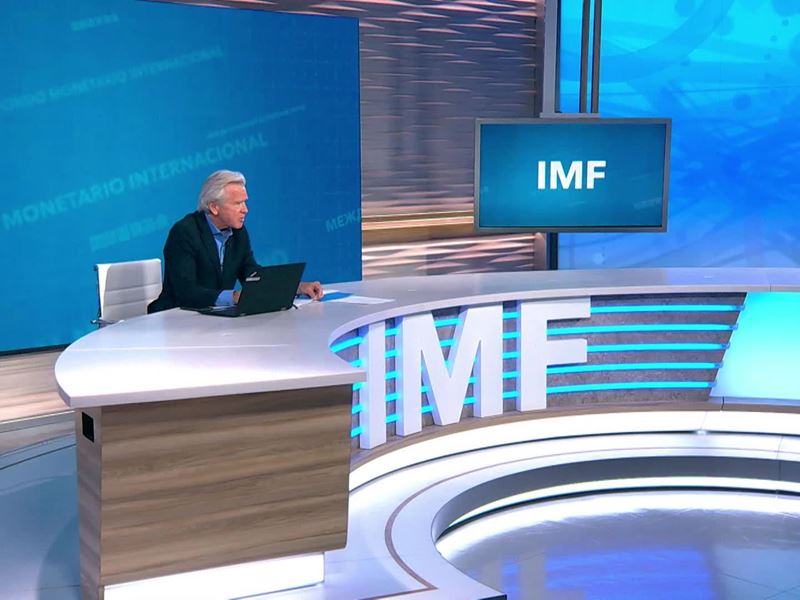IMF Ukraine / Sri Lanka / Food Security

As the G7 meets, the IMF is working to secure emergency funding to help Ukraine while it is fending off a Russian invasion, Fund spokesman Gerry Rice said Thursday in Washington, DC (May 19).
“Our immediate response at the IMF has been to help Ukraine with their near-term financing needs. And, you know, the response by the Ukrainian authorities, I have to say, has been remarkable. Back in March, we disbursed 1.4 billion in emergency financing to Ukraine. And then, as Eric rightly says, we had set up a so-called administered account. Now, this allows donors to channel further support to Ukraine and in a secure manner, loans or grants. And again, using our fiduciary infrastructure, Canada has pledged a billion in its forthcoming budget,” Rice answered in a briefing to reporters.
The IMF is also in discussions to see how it can help the increasingly dire situation in Sri Lanka.
“There’s currently a virtual IMF staff mission engaged in those technical talks with the Sri Lankan authorities, and we expect that to continue that mission to continue through May 24. So we remain committed to help Sri Lanka in line with what the IMF policies and will engage with stakeholders in support of a timely resolution of the crisis that that is being faced there,” said Rice.
The Fund has also signed off on an initiative to help the world’s poorest countries deal with the issue of food security brought on by rising food and energy costs paired with a drop in supply from major wheat exporters Russia and Ukraine.
“We’re investing in and monitoring capacity to allow for timely identify and identification of countries facing the most pronounced financing pressures, especially in fragile and conflict affected states. We are working with country authorities on macroeconomic frameworks and and policy priorities. A critical focus is to assist countries in strengthening their social safety nets, to protect vulnerable households from the imminent threat of hunger, and to identify ways to safeguard food security without resorting to export restrictions.”
A full transcription of the briefing can be found at Home (imf.org)





